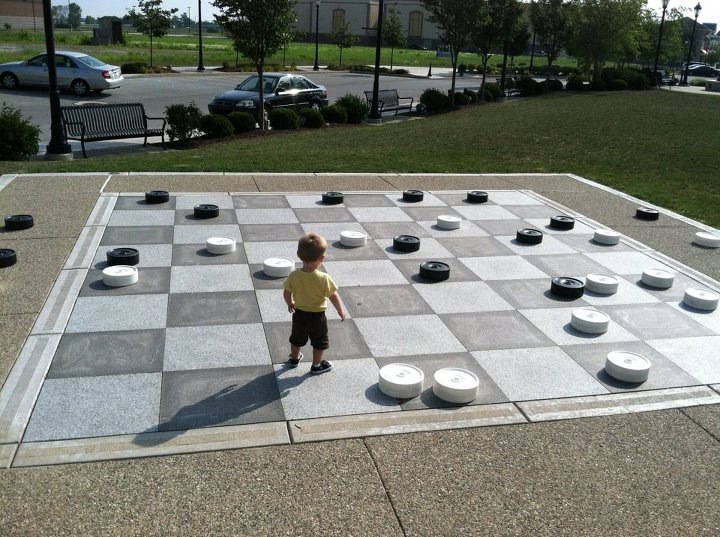Critical thinking has declined with the use of technology. However, technology has improved a student’s visual skills. Critical thinking skills involve identifying flaws in the arguments of others. The skills of evaluation, synthesis, analysis, and interpretation are key elements. These skills allow students to differentiate fact from opinion.
With remote learning forced onto students, these skills are on the decline. Students do not hear the arguments of others about content. As students read stories and answer questions on their own, the questions are level one and two in Bloom’s Taxonomy. Questions must be more than recall-based. Students need questions that make them think at a higher level. Thus, they can meet success in the future.
Higher Level and Critical Thinking
As readers engage in higher-level thinking, they move beyond comprehension. Therefore, with the help of a parent, students are encouraged to think critically. Teachers must encourage parents through their remote conferencing sessions. Questions help students to grow academically. Especially as students work through remote lessons. Otherwise, students will find themselves falling behind academically.
Many parents don’t ask higher-level questions that lead students to comprehend and understand. To support critical thinking at home: debate choices with children and analyze everything they see. Also, ask children to explain their claims with evidence. Importantly, make critical thinking a game. Thus, critical thinking becomes a mindset rather than a skill. Also, research indicates the strongest students emerge as parents support high-level thinking.
Parents Help
Studies find parents do not ask children questions that foster higher-level thought processes. They show parents talk about issues that have right or wrong answers. However, with help from parents, students develop improvements in language comprehension, inventive and creative thinking, and a higher IQ.
Educators and parents must foster curiosity in students. Children need to be encouraged to ask questions and encouraged to voice an objection. Remote learning provides very little higher-level thinking. Parents must provide a process for students to learn.




